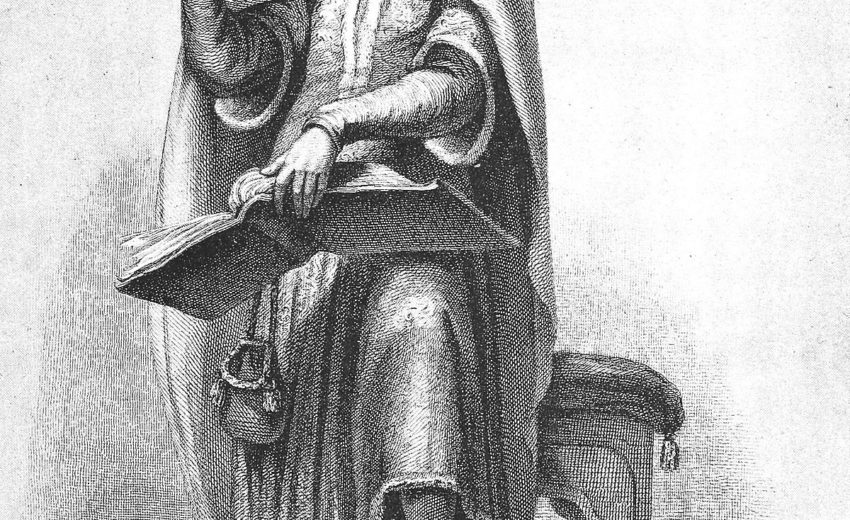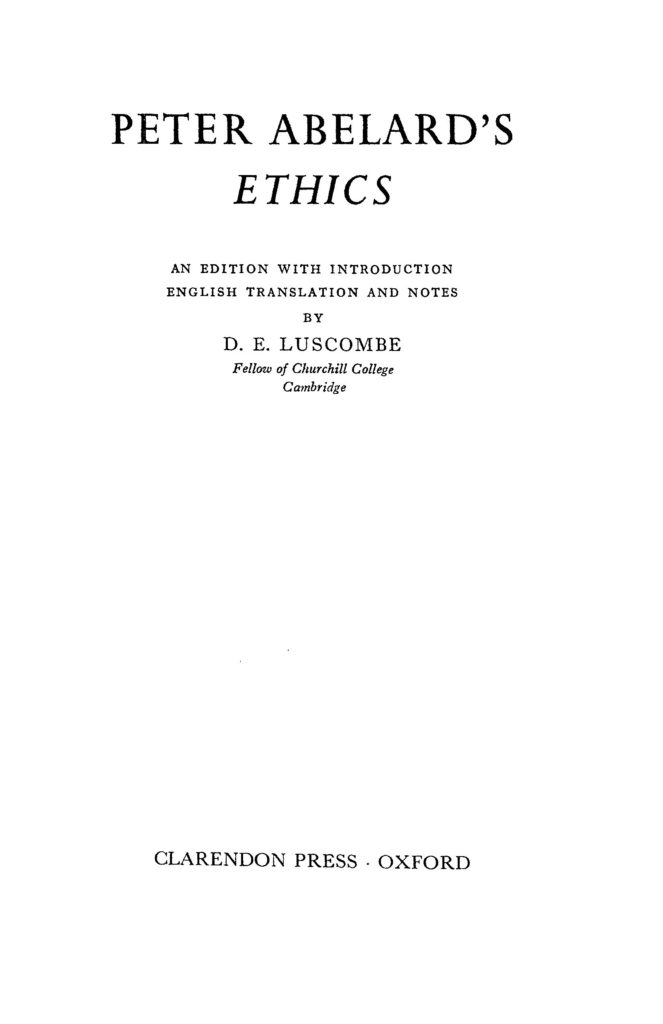
Abelard, Ethics
Abelard takes the rational core of traditional Christian morality to be radically intentionalist, based on the following principle: the agent’s intention alone determines the moral worth of an action. His main argument against the moral relevance of consequences turns on what has been called “moral luck.” Suppose two men each have the money and the intention to establish shelters for the poor, but one is robbed before he can act whereas the second is able to carry out his intention. According to Abelard, to think that there is a moral difference between them is to hold that “the richer men were the better they could become … this is the height of insanity!” Deed-centred morality loses any kind of purchase on what might have been the case. Likewise, it cannot offer any ground for taking the epistemic status of the agent into account, although most people would admit that ignorance can morally exculpate an agent. Abelard makes the point with the following example: imagine the case of fraternal twins, brother and sister, who are separated at birth and each kept in complete ignorance of even the existence of the other; as adults they meet, fall in love, are legally married and have sexual intercourse. Technically this is incest, but Abelard finds no fault in either to lay blame.
Download
Abelard_Ethics.pdf
Abelard_Ethics.txt
Abelard_Ethics.html
Abelard_Ethics.jpg
Abelard_Ethics.zip



